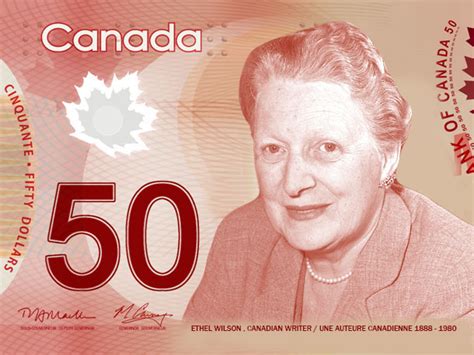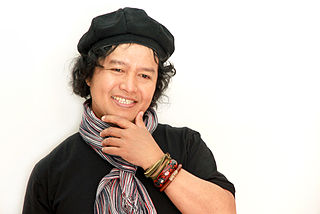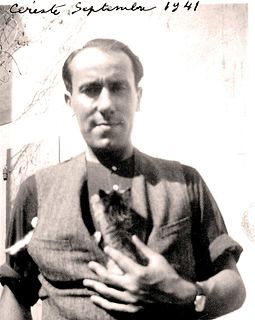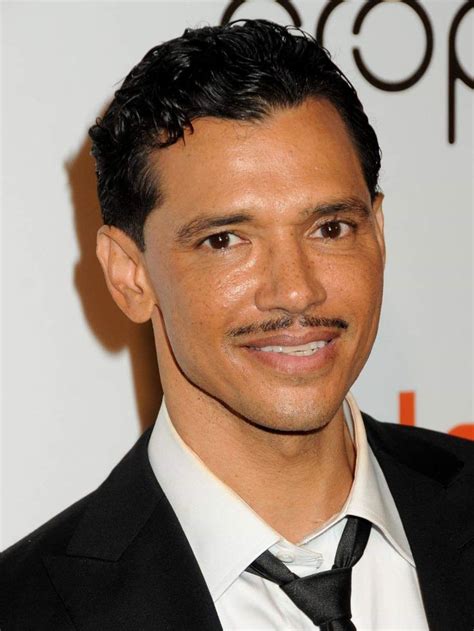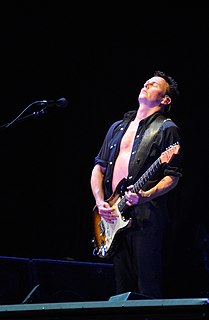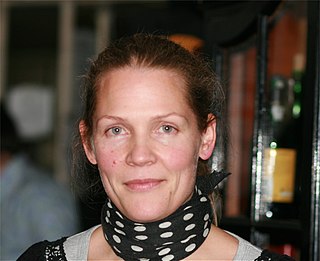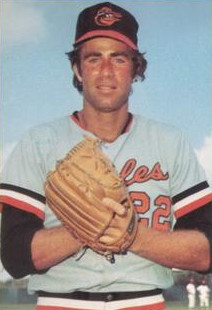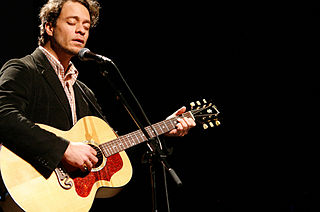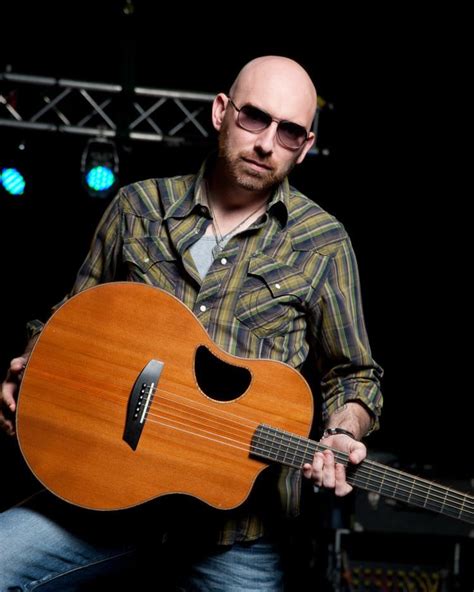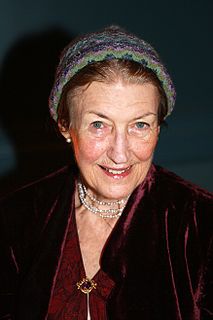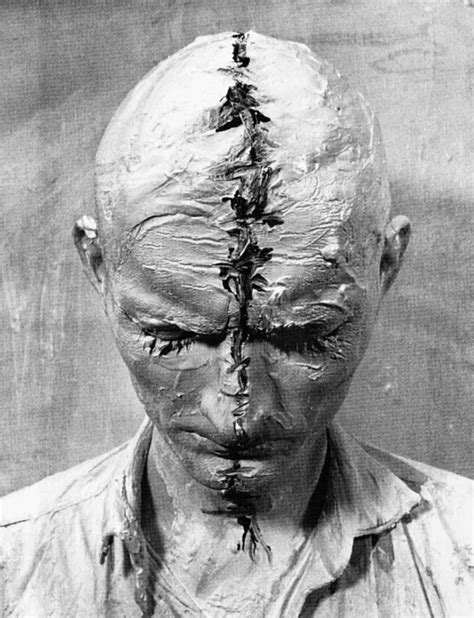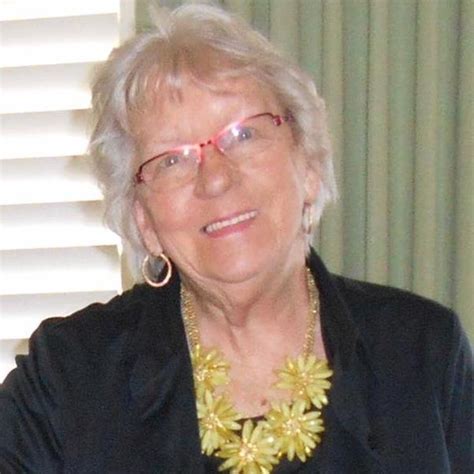Top 1200 Writing Things Down Quotes & Sayings - Page 18
Explore popular Writing Things Down quotes.
Last updated on November 18, 2024.
'Bellyache' is totally fictional. I like writing about things that aren't real. The song is about not trusting anyone and then putting trust in yourself and realizing that you don't know what you are doing, either. Or realizing that things you do with a group of people that you think are cool in the moment are ultimately all on you.
I'm writing this down, because it is going to be hard for me to say it. Because this is probably our last time just us. See, I can write that down, but I don't think I can say it. I'm not doing this to say goodbye, though I know that has to be part of it. I'm doing it to thank you for all we have had and done and been for one another, to say I love you for making this life of mine what it is. Leaving you is the hardest thing I have to do. But the thing is, the best parts of me are in you, all three of you. You are who I am, and what I cherish in myself stays on in you.
I suppose we think euphemistically that all writers write because they have something to say that is truthful and honest and pointed and important. And I suppose I subscribe to that, too. But God knows when I look back over thirty years of professional writing, I'm hard-pressed to come up with anything that's important. Some things are literate, some things are interesting, some things are classy, but very damn little is important.
In my mind, only one inviolable precept exists in terms of being a successful writer: you have to write. The unspoken sub-laws of that one precept are: to write, you must start writing and then finish writing. And then, most likely, start writing all over again because this writing "thing" is one long and endless ride on a really weird (but pretty awesome) carousel. Cue the calliope music.
I've never had a mentor personally of any kind. It feels like, generally, in the writing world or the art world, it's more of a thing in America, because you have writing programs, which we don't have. You have these amazing writers who are teachers. I never did a writing program so I never met a writer until I was published. I guess I can't really explain my compulsion for writing these kind of mentor characters.
When you're researching things that have happened, the clear narrative arc is not there already. This is the problem of writing nonfiction for me - writing nonfiction which is about serious subjects and has serious political and social points to make, yet which is meant to be popular to a degree - what happens when the facts don't fit a convenient narrative arc? I guess that for a lot of nonfiction writers that is a central challenge.
To design things means to interfere with things: to think of how they might be and to alter how they are. Design is to making as writing is to speech: it is an ordinary physical activity pushed to a conscious edge. That interference with the given world can still be founded on admiration. Where it is not, what is the point of designing at all?
